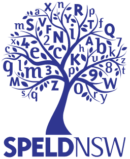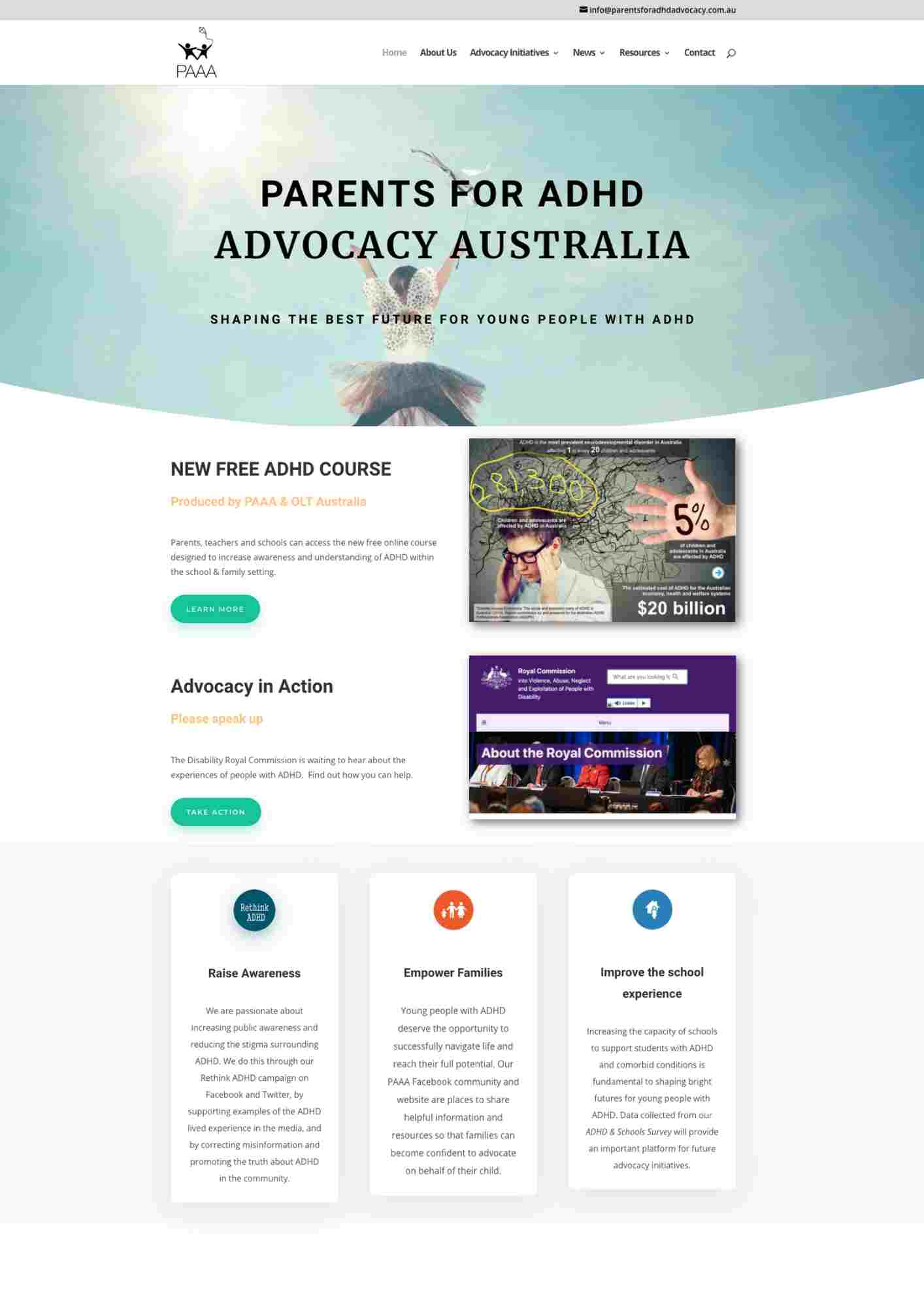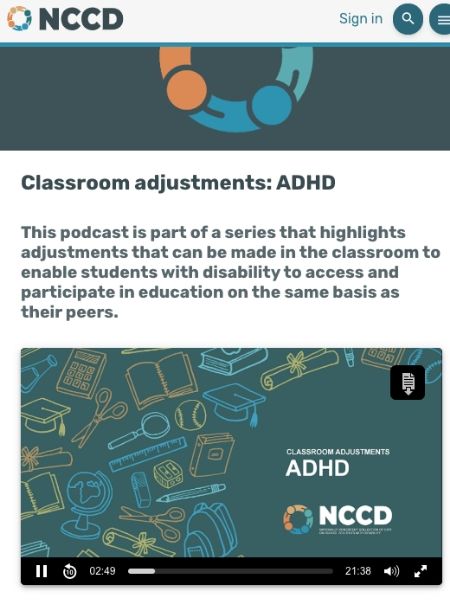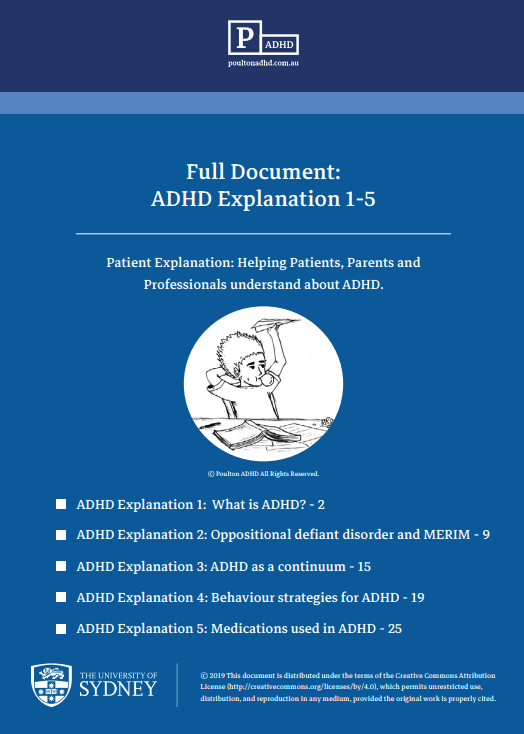ADHD
What is ADHD?
Attention-deficit hyperactivity disorder (ADHD) is a neurobiological developmental disorder.
ADHD affects 1 in 20 children and can impact learning, behaviour and social skills. Children with ADHD have difficulties with executive functioning and self regulation. There are three sub-types of ADHD:
- ADHD Predominantly inattentive- presentation characterised by mostly inattentive behaviours.
- ADHD Predominantly hyperactive-impulsive- presentation characterised by hyperactive and impulsive behaviours.
- ADHD combined- presentation characterised by inattention and hyperactivity-impulsivity.
How is ADHD identified?
An assessment for ADHD is often made after consultation with a number of professionals. If you have concerns we recommend seeking a referral from your GP to a Developmental Paediatrician. A Clinical or Educational Psychologist can undertake screening assessments to indicate if ADHD is possible. (Some Psychologists may diagnose ADHD, however this should be confirmed with the individual Psychologist.) SPELD NSW offers psychological assessment which can include ADHD assessment.
How do you support a person with ADHD?
The school environment can be challenging for students with ADHD who need a supportive learning space. Classroom adjustments will meet the needs of the individual and will change over time. Some examples include:
- Minimise classroom distractions by placing the student next to a suitable peer at the front of the classroom where instructions can be followed.
- Provide visual aids.
- Break down instructions into clear and concise parts and scaffold learning.
- Encourage organisational management strategies such as the use of a diary.
- Give movement breaks.
- Positive reinforcement for wanted behaviours.
- Have consistent clear rules and routines.
- Directly send parents/carers important information, homework and assessment tasks.








